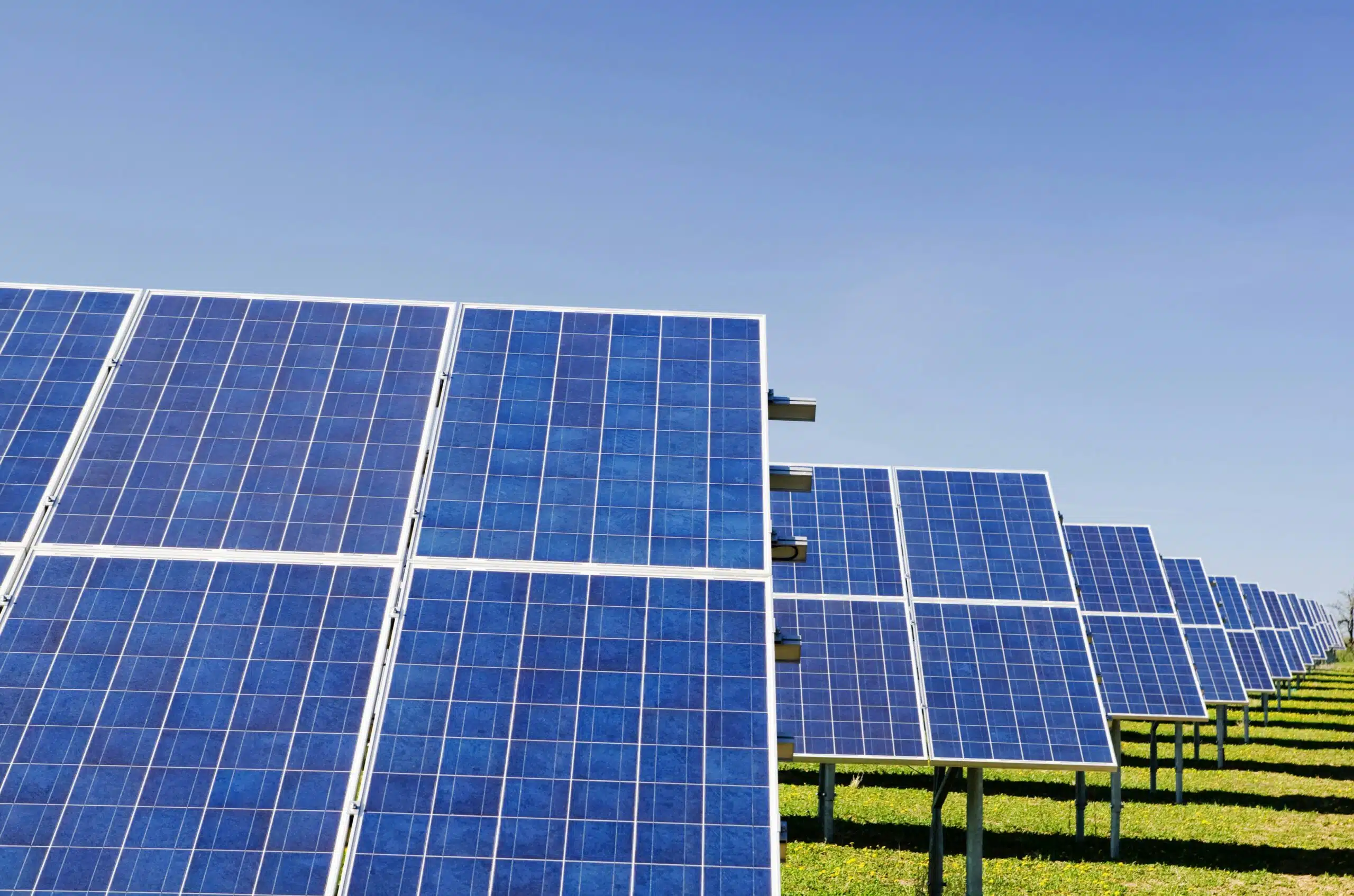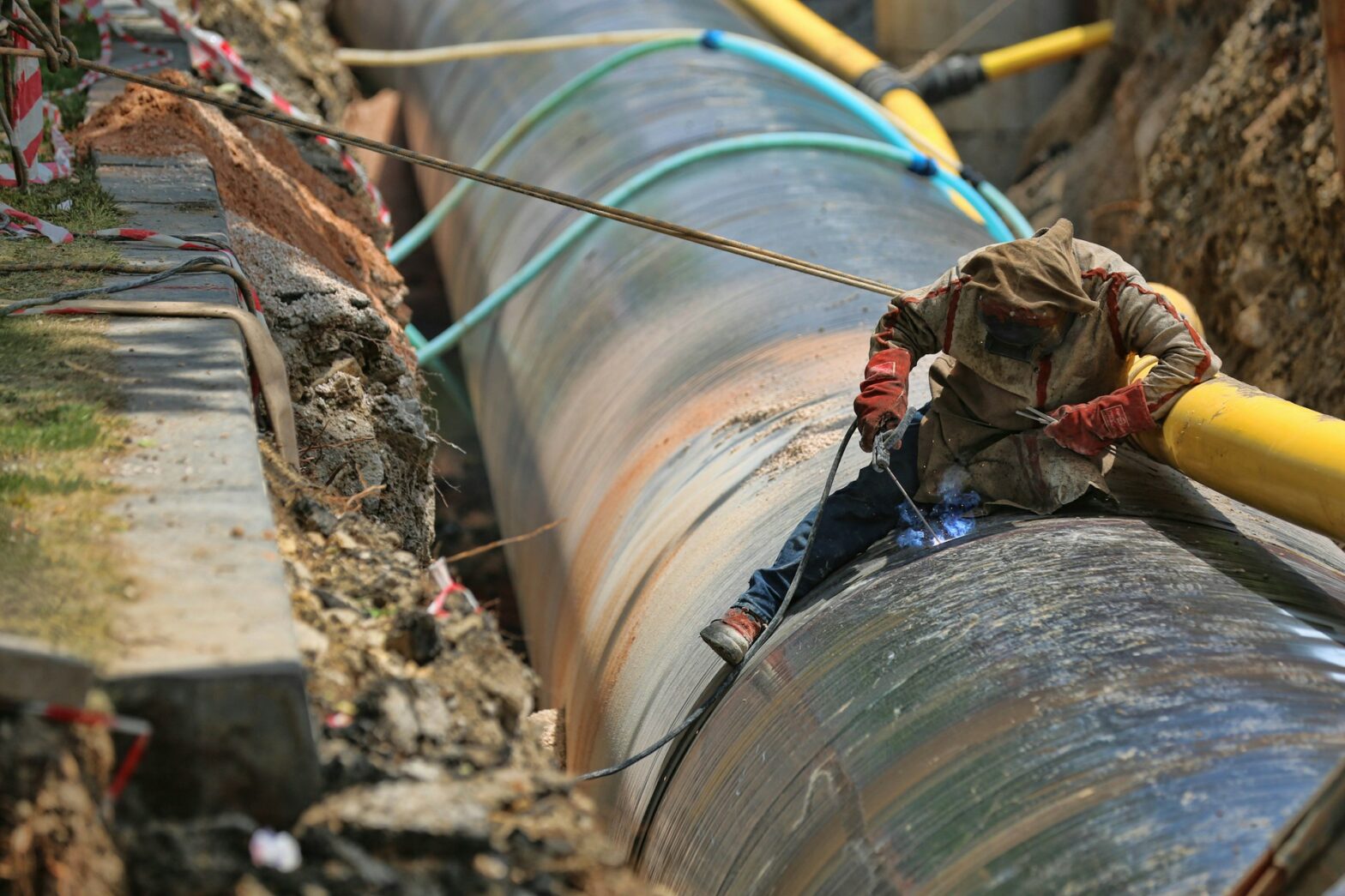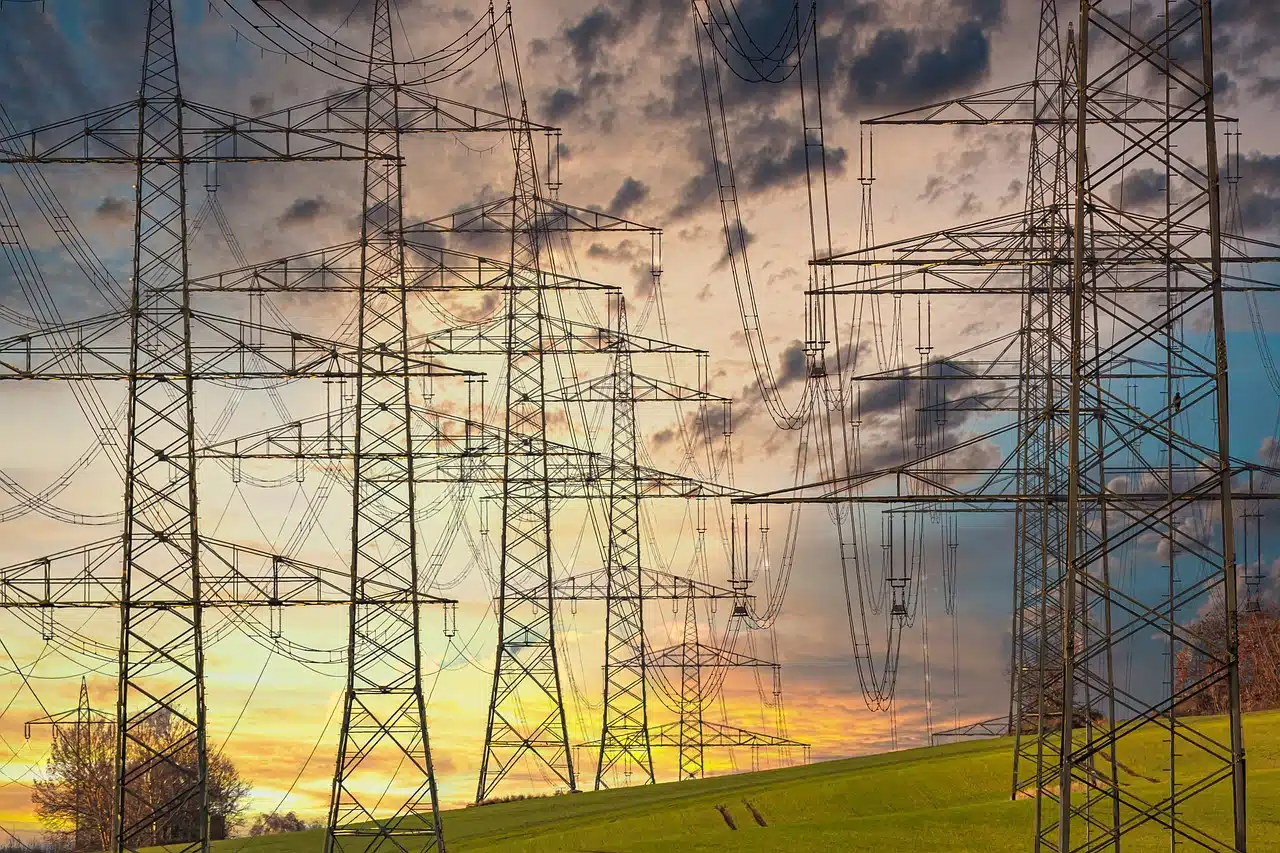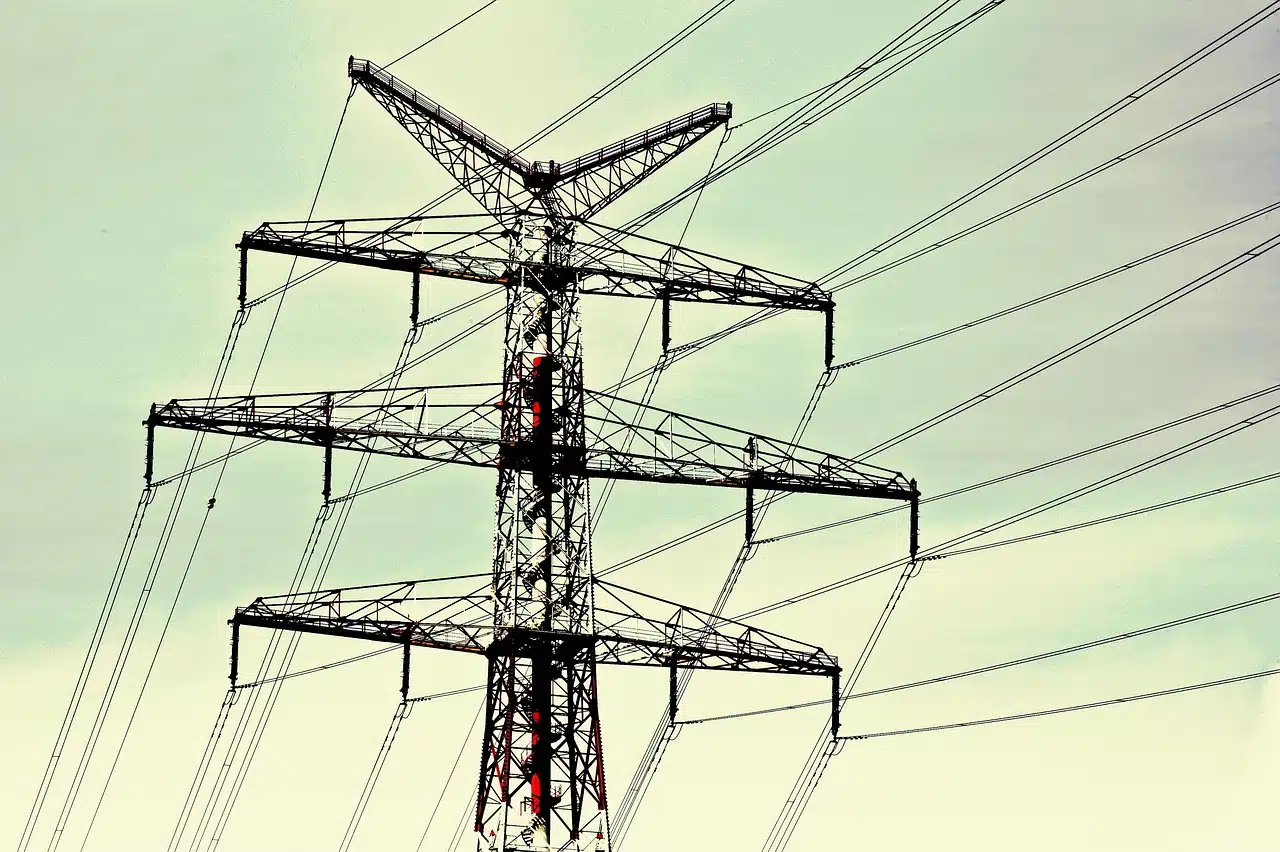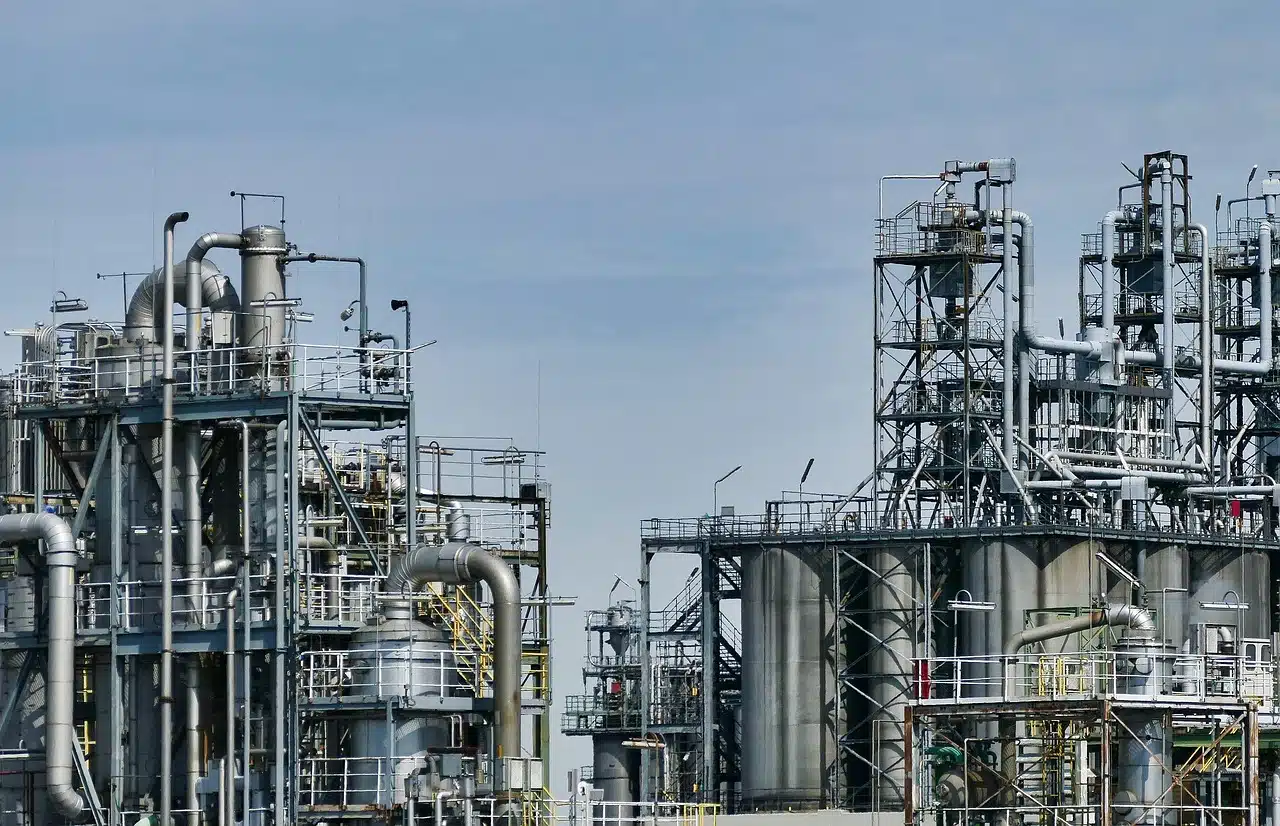Zimbabwe has launched the Zimbabwe Renewable Energy Fund (ZimREF), aiming to raise over $100 million in blended finance to boost renewable energy investments.
The Finance Minister, Mthuli Ncube, announced the initiative at the United Nations Joint Sustainable Development Goals (SDG) Fund event in Seville, Spain, on July 1, 2025.
He explained that access to reliable electricity remained limited to a significant portion of the population, especially in rural and underserved areas.
ZimREF is a flagship initiative under the Joint SDG Fund Programme.
It integrates equity, debt, and guarantees to support diverse renewable energy projects, including solar parks, mini-grids, e-mobility, and solar water pumping for agriculture.
The project is managed by Old Mutual Investment Group Zimbabwe.
In addition, the fund has received $1 million in seed capital from the Infrastructure Development Bank of Zimbabwe (IDBZ) and a $10 million catalytic grant from the Joint SDG Fund.
Ncube also emphasized that ZimREF is not merely a financing tool but a strategic mechanism to drive green industrialization and meet Zimbabwe’s commitment to reduce emissions by 40% by 2030 under its Revised Nationally Determined Contributions (NDC).
Policy reforms to attract investment
To achieve ZimREF’s success, the Zimbabwean government has implemented enabling reforms.
These include granting Prescribed Asset Status to unlock domestic capital from pension funds and insurance companies, introducing net metering, third-party wheeling regulations, tax incentives, and guaranteed offtake through Independent Power Producer frameworks.
“These measures de-risk investment and signal Zimbabwe’s readiness to scale up private capital,” Ncube stated.
Already, the fund is deploying capital investments to projects such as the Guruve Solar Park, Mater Dei Hospital Solar Initiative, and community-based electrification projects across the country.
Aside from plans for ZimREF’s success, the Zimbabwe government is seeking a total of $9 billion in private capital with a new energy policy to help double its current power generation.
Why a collaboration model?
ZimREF’s blended finance model, combining public, private, and UN partnerships, positions it as a replicable framework for the Global South.
“ZimREF is not just for Zimbabwe, but a model of Public-Private-UN collaboration that can be adapted to and replicated across the Global South”, said Mthuli Ncube.
Ncube called on international investors to join the effort, noting that the fund’s $100 million target is ambitious but essential to close Zimbabwe’s energy gap.

